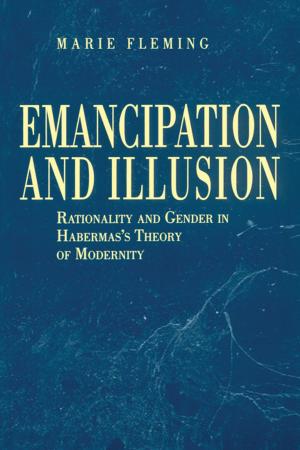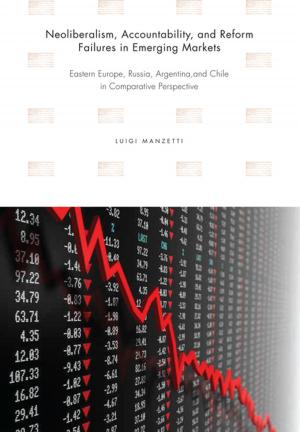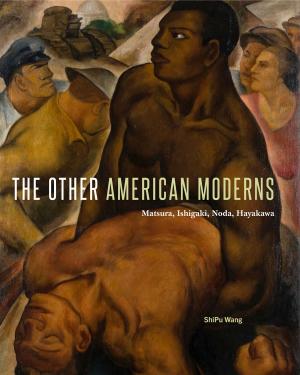Infinite Autonomy
The Divided Individual in the Political Thought of G. W. F. Hegel and Friedrich Nietzsche
Nonfiction, Religion & Spirituality, Philosophy, Modern, Political| Author: | Jeffrey Church | ISBN: | 9780271068268 |
| Publisher: | Penn State University Press | Publication: | January 5, 2012 |
| Imprint: | Penn State University Press | Language: | English |
| Author: | Jeffrey Church |
| ISBN: | 9780271068268 |
| Publisher: | Penn State University Press |
| Publication: | January 5, 2012 |
| Imprint: | Penn State University Press |
| Language: | English |
G. W. F. Hegel and Friedrich Nietzsche are often considered the philosophical antipodes of the nineteenth century. In Infinite Autonomy, Jeffrey Church draws on the thinking of both Hegel and Nietzsche to assess the modern Western defense of individuality—to consider whether we were right to reject the ancient model of community above the individual. The theoretical and practical implications of this project are important, because the proper defense of the individual allows for the survival of modern liberal institutions in the face of non-Western critics who value communal goals at the expense of individual rights. By drawing from Hegelian and Nietzschean ideas of autonomy, Church finds a third way for the individual—what he calls the “historical individual,” which goes beyond the disagreements of the ancients and the moderns while nonetheless incorporating their distinctive contributions.
G. W. F. Hegel and Friedrich Nietzsche are often considered the philosophical antipodes of the nineteenth century. In Infinite Autonomy, Jeffrey Church draws on the thinking of both Hegel and Nietzsche to assess the modern Western defense of individuality—to consider whether we were right to reject the ancient model of community above the individual. The theoretical and practical implications of this project are important, because the proper defense of the individual allows for the survival of modern liberal institutions in the face of non-Western critics who value communal goals at the expense of individual rights. By drawing from Hegelian and Nietzschean ideas of autonomy, Church finds a third way for the individual—what he calls the “historical individual,” which goes beyond the disagreements of the ancients and the moderns while nonetheless incorporating their distinctive contributions.















